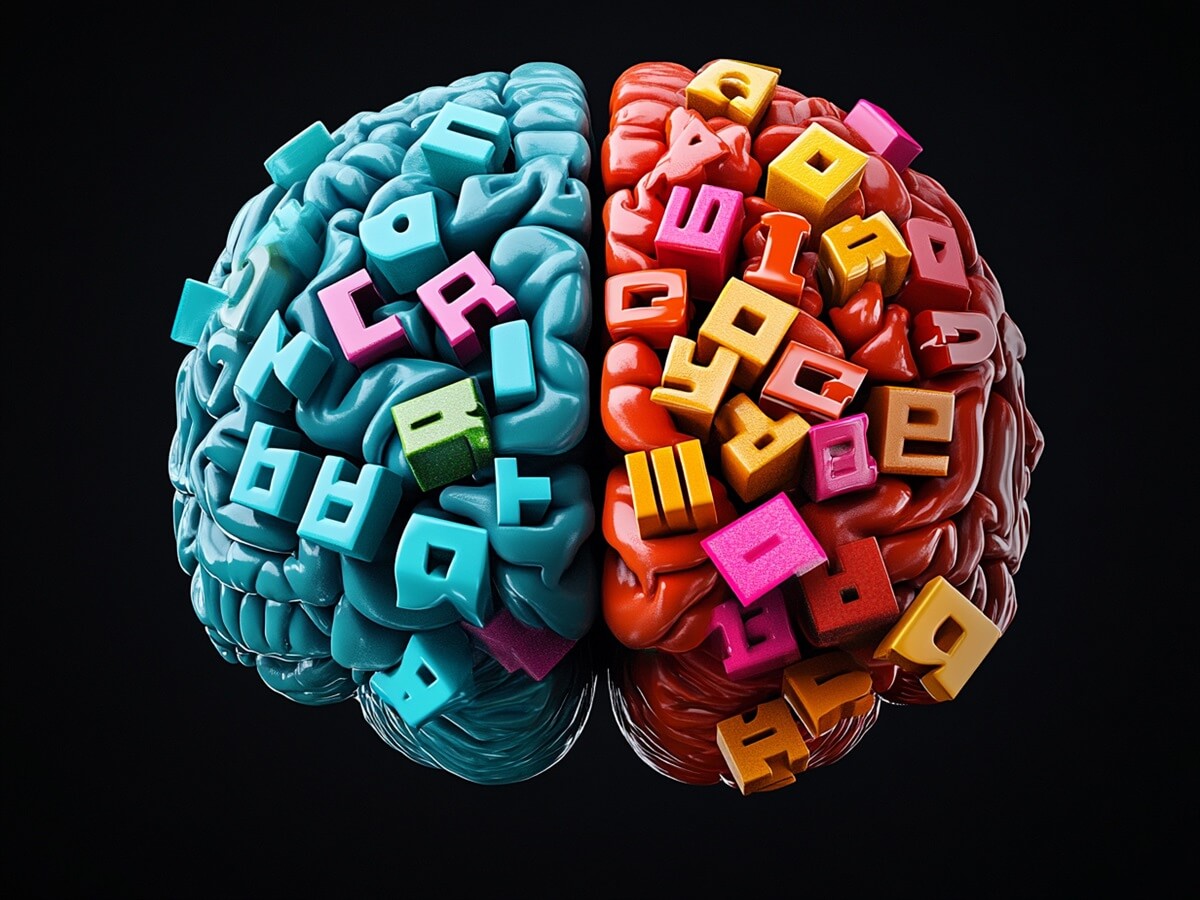
Being bilingual is more than just speaking two languages. It’s an extraordinary way of thinking, processing, and perceiving the world. For those who live this experience daily, their minds are like intricate puzzles of language and culture, constantly working in fascinating ways. In this blog post, we’ll delve into what it’s like inside the mind of a bilingual, exploring the cognitive, emotional, and social aspects of this unique perspective.
1. Juggling Two Worlds
Imagine a mental switchboard that’s always turned on, shifting between two languages and cultures at any time. In a bilingual person’s head, it’s not just words or grammar; rather, it’s about which language suits the context, tone, and audience. For example:
At work: They might think and communicate in one language but use another during casual conversations with friends.
At home: Family interactions might be a blend of languages, creating a unique linguistic mix.
This constant switching keeps their brains nimble but can be tiring, like running two operating systems at the same time.
2. Code-Switching: A Superpower and a Struggle
Bilinguals often engage in something called code-switching, fluidly moving from one language to another mid-sentence. To those who speak only one language, this might seem like wizardry, but to the bilingual, it’s second nature.
Code-switching occurs because:
- A word in one language may better express a thought or emotion.
- Social dynamics may call for a switch in languages—using one when addressing elders and another with peers.
However, this can sometimes lead to self-consciousness, especially when one worries about mixing languages or making errors. It’s important to remember that there is no requirement for “perfect” bilingualism—bilinguals naturally have varying levels of comfort and proficiency in each language, and that’s completely normal.
3. Enhanced Cognitive Abilities
Research has shown that bilingualism enhances executive functions such as problem-solving, multitasking, and decision-making. Why? Because handling two languages calls for:
- Constant vigilance for detail.
- The suppression of interference from the non-active language.
- Better memory due to frequently storing and retrieving substantial amounts of information.
These mental gymnastics may even delay the onset of dementia, making bilingualism a gift that keeps on giving.
4. Emotional Shifts Between Languages
Interestingly, the language in which a bilingual speaks can influence how they feel or think. For example:
- Speaking their mother tongue can evoke strong emotions, nostalgia, or reinforce identity.
- Using a second language may provide emotional distance and allow for more rational ways of handling situations.
This highlights how deeply languages are linked with emotions and thought processes.
5. The Challenges of Living Bilingually
While being bilingual is empowering, there are unique challenges as well:
- Language blending: Sometimes words and grammar rules from both languages get combined unintentionally, leading to awkward phrasing.
- Cultural expectations: With a change in language often comes a shift in cultural norms, which can be overwhelming.
- Misconceptions about ‘perfection’: Some bilinguals may feel pressured to be equally fluent or “perfect” in both languages. However, bilingualism rarely means having identical skills in each language, and that’s perfectly okay.
With time, bilinguals learn to navigate these complexities with grace and resilience, embracing their unique linguistic profiles rather than striving for an unattainable ideal of perfection.
6. A Richer Worldview
One of the most remarkable aspects of bilingualism is the ability to access and understand multiple cultures. Each language opens a door to different idioms, traditions, and ways of thinking, enriching how bilinguals view the world.
This broader perspective often fosters empathy and adaptability, making bilinguals skilled at connecting with diverse groups of people.
Conclusion: The Beauty of a Complex Mind
In the mind of a bilingual, there’s a place of dynamic movement—always changing, creative, flexible, and rich in culture. It’s a life of continuous learning, infinite curiosity, and deep connection to the world.
Whether you’re bilingual yourself or just curious, appreciate this unique way of thinking—it opens our eyes to the many ways in which language shapes our lives. And remember, bilingualism isn’t about achieving a “perfect” balance between two languages—it’s about exploring the rich landscape that emerges when they coexist. So next time you meet a bilingual, know that their mind is a beautiful blend of two worlds — an extraordinary phenomenon.




Join the Conversation
What’s your take on bilingualism? Share your experiences or ask questions in the comments below!